


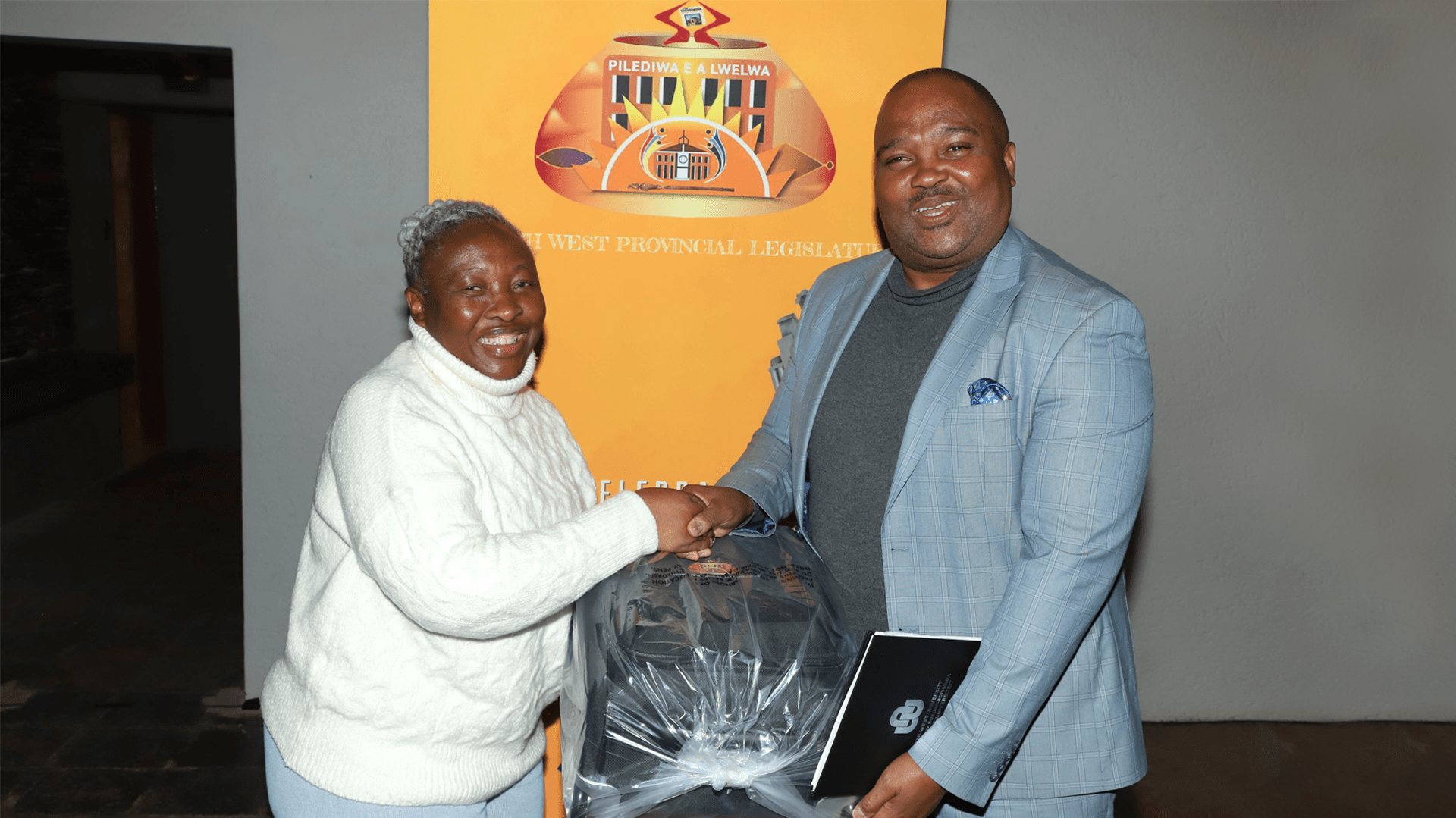
Prof Bismark Tyobeka, NWU principal and vice-chancellor, with Desbo Mohono, speaker of the North West Provincial Legislature. Prof Tyobeka gave the keynote address during an induction workshop for members of the legislature on 27 June 2024.

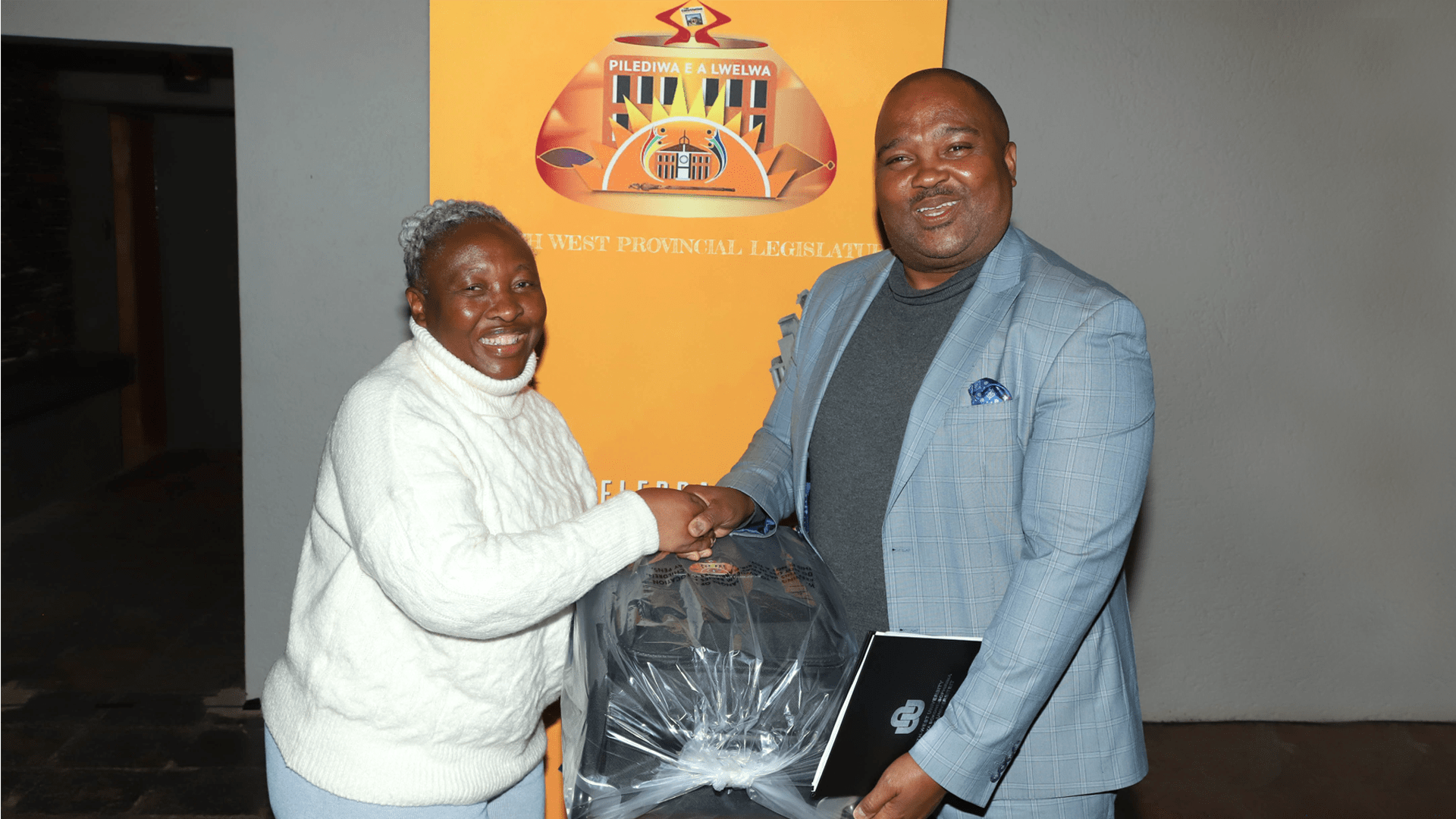

Our commitment to community engagement
Dear alumni
As we celebrate our 20-year journey since our establishment, it is essential to acknowledge that we live in a dynamic, interconnected world.
As you would know, our institution has three pillars. They are research, teaching and learning and community engagement. Our commitment to community engagement operates on multiple fronts, improving the lives of the communities we serve.
When I addressed the North West Provincial Legislature on 27 June 2024, I assured them that the NWU’s doors are open for meaningful partnerships that could bring positive changes to communities in the North West Province and beyond.
An example of how we can leverage our academic expertise and research capabilities to build capacity and enhance economic development in our province and in the country, is the contribution the Faculty of Economic and Management Sciences is making to the tourism sector.
In this edition you can read about the research conducted in the research unit Tourism Research in Economics, Environs and Society (TREES) to uncover and develop the many tourism possibilities that rooibos tea holds. This in my view will not only boost the local economy but also create jobs and promote cultural heritage.
Looking ahead
I would also like to share the progress made by the NWU thus far on some of our ongoing initiatives, and our future aspirations.
Our plans for the establishment of the NWU Medical School and a School of Mining Engineering are progressing smoothly.
A very important step in the preparations for the Medical School is the development of a six-year curriculum for the Bachelor of Medicine and the Bachelor of Surgery (MBChB). In this edition you can read about what this curriculum entails and the progress made so far.
It is important to keep in mind that we are not establishing these schools for the sole academic purpose of mere knowledge generation. We are also determined to make a meaningful impact on the health and mining sectors in our province and country.
The same goes for our intention to establish a School of Veterinary Sciences.
We want to address the scarcity of veterinarians
In villages such as the one in which I was born, people often lose their livestock due to injuries and outbreaks of diseases. The limited number of veterinarians in our country needs attention.
A few months ago, the South African Veterinary Council (SAVC) reported that our country is facing a dire shortage of veterinary professionals partly because there are limited institutions that offer full training for veterinarians.
According to the SAVC, the number of registered veterinarians in South Africa dropped from 3 718 in 2020 to 3 483 in 2021.
This situation is a threat to our food security and production. It is also an opportunity for us to explore the growth of our animal health programmes and establish a School of Veterinary Sciences that can cover the North West, Northern Cape and Free State provinces, and parts of Gauteng.
Joining hands is essential
However, for our current and future endeavours to be successful, we need the continuous support of our loyal alumni.
We are grateful for those of you who have already become involved in the development of our Medical School. I trust that you will also share your experience in and expertise on topics such as mining and veterinary science with us in developing those schools.
These are major projects that would take several years to conclude but are exciting as they would contribute immensely to South Africa’s capacity building and developmental initiatives.
Together, we can make this happen.
Kind regards
Prof Mzubanzi Bismark Tyobeka

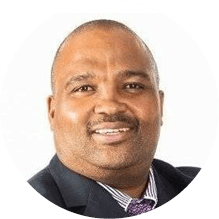
NWU
Principal and
Vice-Chancellor
Prof Mzubanzi Bismark Tyobeka



Prof Bismark Tyobeka, NWU principal and vice-chancellor, with Desbo Mohono, speaker of the North West Provincial Legislature. Prof Tyobeka gave the keynote address during an induction workshop for members of the legislature on 27 June 2024.








NEXT PAGE
PREVIOUS PAGE
NEXT
PREVIOUS
SOUND
VIDEO
CLICK
NUMBER OF PAGES

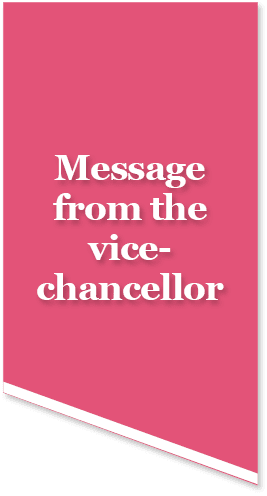


Our commitment to community engagement
Dear alumni
As we celebrate our 20-year journey since our establishment, it is essential to acknowledge that we live in a dynamic, interconnected world.
As you would know, our institution has three pillars. They are research, teaching and learning and community engagement. Our commitment to community engagement operates on multiple fronts, improving the lives of the communities we serve.
When I addressed the North West Provincial Legislature on 27 June 2024, I assured them that the NWU’s doors are open for meaningful partnerships that could bring positive changes to communities in the North West Province and beyond.
An example of how we can leverage our academic expertise and research capabilities to build capacity and enhance economic development in our province and in the country, is the contribution the Faculty of Economic and Management Sciences is making to the tourism sector.
In this edition you can read about the research conducted in the research unit Tourism Research in Economics, Environs and Society (TREES) to uncover and develop the many tourism possibilities that rooibos tea holds. This in my view will not only boost the local economy but also create jobs and promote cultural heritage.
Looking ahead
I would also like to share the progress made by the NWU thus far on some of our ongoing initiatives, and our future aspirations.
Our plans for the establishment of the NWU Medical School and a School of Mining Engineering are progressing smoothly.
A very important step in the preparations for the Medical School is the development of a six-year curriculum for the Bachelor of Medicine and the Bachelor of Surgery (MBChB). In this edition you can read about what this curriculum entails and the progress made so far.
It is important to keep in mind that we are not establishing these schools for the sole academic purpose of mere knowledge generation. We are also determined to make a meaningful impact on the health and mining sectors in our province and country.
The same goes for our intention to establish a School of Veterinary Sciences.
We want to address the scarcity of veterinarians
In villages such as the one in which I was born, people often lose their livestock due to injuries and outbreaks of diseases. The limited number of veterinarians in our country needs attention.
A few months ago, the South African Veterinary Council (SAVC) reported that our country is facing a dire shortage of veterinary professionals partly because there are limited institutions that offer full training for veterinarians.
According to the SAVC, the number of registered veterinarians in South Africa dropped from 3 718 in 2020 to 3 483 in 2021.
This situation is a threat to our food security and production. It is also an opportunity for us to explore the growth of our animal health programmes and establish a School of Veterinary Sciences that can cover the North West, Northern Cape and Free State provinces, and parts of Gauteng.
Joining hands is essential
However, for our current and future endeavours to be successful, we need the continuous support of our loyal alumni.
We are grateful for those of you who have already become involved in the development of our Medical School. I trust that you will also share your experience in and expertise on topics such as mining and veterinary science with us in developing those schools.
These are major projects that would take several years to conclude but are exciting as they would contribute immensely to South Africa’s capacity building and developmental initiatives.
Together, we can make this happen.
Kind regards
Prof Mzubanzi Bismark Tyobeka

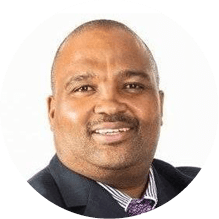
NWU
Principal and
Vice-Chancellor
Prof Bismark Tyobeka
